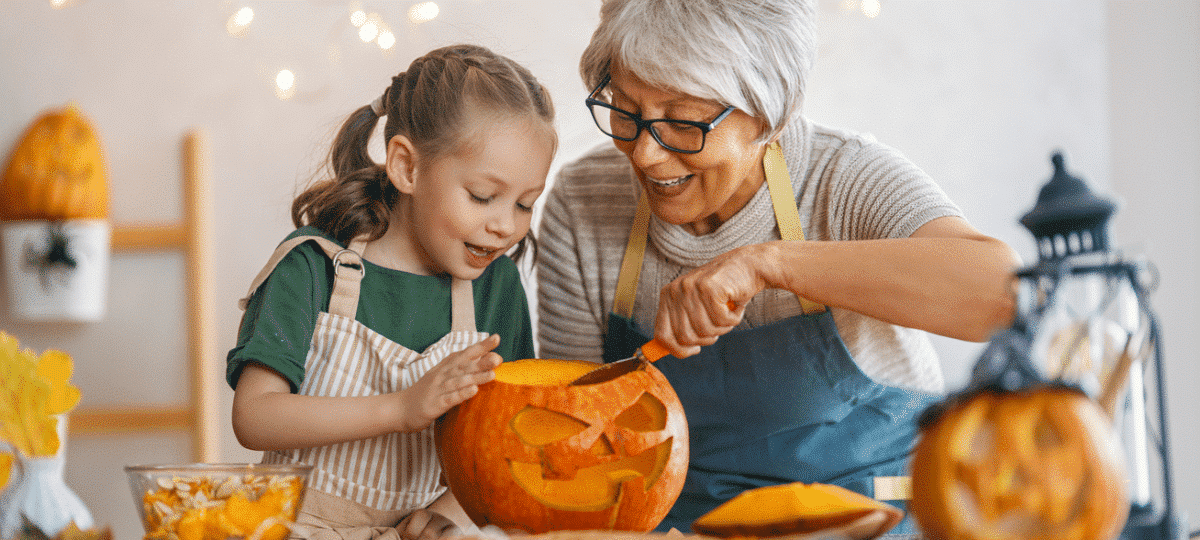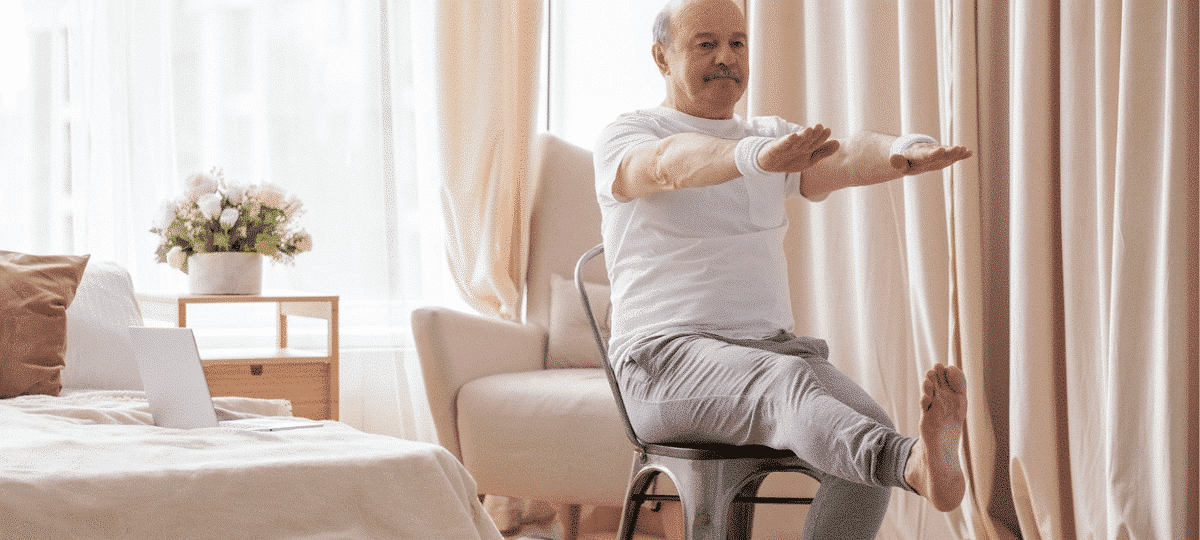The scary things about Halloween should only include the movies, costumes, and decorations. People need to do all they can to minimize Halloween risks that often affect the youngest and oldest in the population. Seniors and their caregivers need to know how they can enjoy Halloween fully while also staying safe and healthy.
Grandparents in Charge
Increasingly grandparents have taken on more parenting type roles for their grandchildren, and festivity planning for little ones could be one of these roles. Children typically prefer to spend their evening trick-or-treating, but it is not the only possibility. Look for local libraries, fire stations or other community businesses offering holiday parties for a more controlled environment with fewer risks. A party at home with age-appropriate scary movies, games and treats is also a fun way to celebrate and stay safe.
Grandparents that want to take the kids around the neighborhood need to think about safety first. Bring flashlights and add reflectors to costumes for better visibility to drivers. Visit only familiar neighborhoods or homes of people you know. Do not allow children to eat any homemade or unpackaged food. Inspect all candy wrappers carefully for signs of tampering.
Be cautious about the types of candy given to children aged three and under, due to the risk of choking. Set a limit for candy consumption before the night begins and stick with it, and only allow young children to have their treats when supervised.
Seniors Living Alone
People that choose to pass out candy get to enjoy the smiles and costumes, but they do need to keep their well-being and the safety of the visiting children in mind. Keep the yard brightly lit for safer walking. Try to have items like lollipops or pre-packaged cookies on hand for young children. Keep medications and valuables out of sight from people coming to the door.
Use battery-powered candles in jack-o-lanterns and other decorations rather than lit candles. Lighted candles can become a fire hazard for costumed children, and a problem for homeowners that forget to blow them out before going to bed.
Consider asking a family member or friend to help with passing out candy if the pace of the night could lead to exhaustion. A dish of candy left on the porch or front step can enable visitors to have their candy without the need to go to the door repeatedly. Refill the dish occasionally rather than leaving it all out at once so it lasts through the night.
Caregivers on Duty
Strange costumes and strangers at the door may seem like part of the fun on Halloween, but for people with Alzheimer’s and other forms of dementia, these things can become genuinely terrifying. Caregivers to those with dementia that still want to take part in Halloween should try to give their loved one some distance from the action. Keep minimal lights and decorations inside the home and, if possible, set the person up in a back room away from the front door and the activity.
Play a movie or music that the individual normally finds comforting. The sound can help to cover up the knocks at the door or unknown voices that could startle someone with memory issues. If family or friends normally stop by on Halloween, ask beforehand that they avoid wearing costumes in the house because costumes can confuse or frighten dementia patients. Shut off exterior lights and stop passing out candy at the usual bedtime so your loved one stays on their normal schedule.
People of all ages can enjoy Halloween if they use caution during the celebration. Many seniors enjoy seeing children dressed as their favorite characters, and many older adults enjoy donning a costume themselves. Have fun but plan out the day beforehand to avoid any problems.




